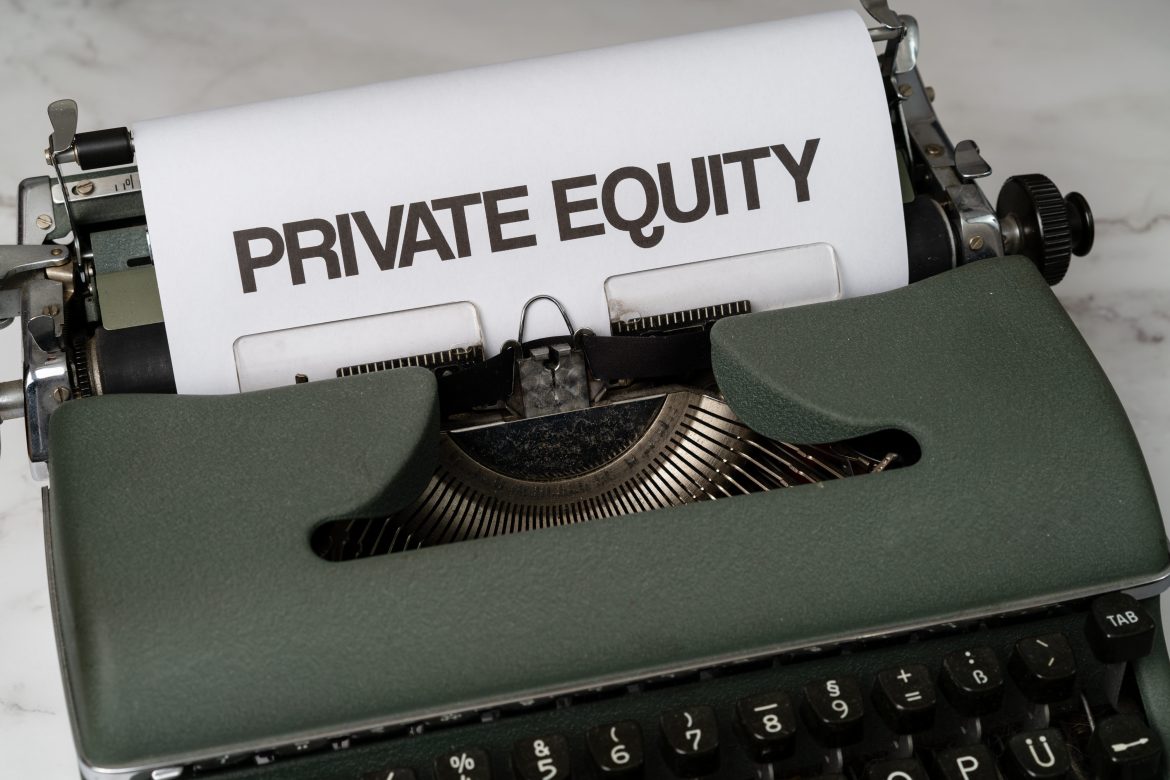Managers of private equity firms are aware of the need to locate and conclude profitable agreements that would yield substantial returns. They may occasionally provide support to the companies that the firm has invested in.
Document management systems need to be developed for private equity organizations. Utilizing a secure data room simplifies the whole transaction process. And by choosing a security-focused solution, confidential information will be safely preserved. However, the top data rooms are beneficial to more than simply private equity firms. Companies looking for money should consider using one as well.
What Is Private Equity Investing?
Private equity is a type of combined investment made available by a private equity firm that enables a group of investors to pool their resources to participate in business.
Accredited and institutional investors can diversify their portfolios and take on more risk by investing in private equity, which offers the possibility of larger returns than investing in public corporations.
An investor’s private equity portfolio presents difficulties and risks:
- Financial risks: Private equity fund investments typically carry a high level of financial and/or business risk. Companies or funds that have a high level of leverage may be more susceptible to changes in the financial or economic environment.
- Investors must be liquid because there is no recognized secondary market. Investors should be ready to hold the investment until it matures and the underlying private equity fund is wound down. Typically, investments have limited or no transferability among investors.
- Long-term investment horizon: Private equity investments may have a horizon of ten years or longer. A private corporation may take a very long period to become established.
The minimum investment requirements for traditional private equity firms are extremely high, potentially ranging from a few hundred thousand to several million dollars. Therefore, institutional investors (such as pension funds or private equity firms) or high-net-worth individuals are the only ones allowed to invest in private equity on a large scale.
Defining VDRs in the Private Equity Sector
An online service known as a VDR for private equity is used to keep crucial documents related to a firm or deal. With private equity data rooms, all pertinent documents may be completely managed during the due diligence and afterward.
To ensure the protection and safety of all information, private equity data rooms offer a variety of access levels. They can also assist organizations in making decisions by offering capabilities for collaboration and organized information accessibility. Private equity dataroom software is used by investors to decide where to spend their money and, once decided, to guarantee a smooth deal closing. All relevant papers can be fully controlled during the due diligence process and afterward with private equity data room providers.
How to Engage in Private Equity as an Individual
Private equity was available just for big institutional investors because of initial investment in the tens of millions. Private equity funds are now available, though, and they combine investor money to invest in a single company or a portfolio of several different businesses.
Investing in private equity funds of funds or shares of private equity firms that are themselves listed on the stock exchange is another option. Private equity investments allow individual investors to diversify their holdings and increase their risk-to-reward ratio.
Financial backers can influence corporate strategy through private equity firms that frequently hold a majority stake, up to and including a full takeover of the business. However, businesses frequently regain their growth momentum and/or strengthen their market position with the help of private equity firms.
Advantages of Using VDRs For Private Equity Deals
In private equity, virtual data rooms have gradually replaced genuine data rooms. Here is everything you need to know about virtual data rooms that are confidential:
- Protection of information. Data room solutions are typically used in confidential value organizations to close agreements, such as M&A, to safeguard and maintain sensitive business data or records with their clients and investors online. Virtual data rooms are used to store basic data. As a result, parties must maintain information integrity.
- M&A. The current craze in modern financial transactions is virtual data rooms. It has enabled the M&A deal’s anticipated degree of effort plan, which provides information access to prospective clients through a secure web connection. These clients or organizations receive effective security measures from virtual data rooms to view and share their records safely.
- Planned structure. If businesses looking to merge can’t reach a mutually beneficial agreement, virtual data rooms ensure that information or data shared between the businesses won’t leak. As a result, businesses can be sure that all of their important data is protected. This gives the groups the freedom to collaborate with other businesses without fear of misinformation.
- Board discussions. The internet fills the need for a system that enables everyone on the board to access fundamental information from wherever they are. This is made possible on a single platform without the risk of information leakage to unauthorized parties or persons thanks in large part to the use of virtual data rooms.
- Reviews. Companies occasionally face situations where information about the company is evaluated by other groups. Organizations are occasionally required to hand up data to their consistency evaluators.
Conclusion
VDRs are a valuable tool for businesses or individuals involved in private value bargains. Data rooms interact with potentially lucrative open doors by collecting and analyzing a wide range of data.
They are prepared to keep information related to initiative and upcoming corporate goals, such as financial reports. Quick and easy access to this information identifies new opportunities while facilitating a far quicker evaluation of existing agreements, which ultimately leads to securing a larger number of agreements in general.
Digital data room aids private equity firms in making the most of their investments by offering a user-friendly, secure platform for managing and exchanging sensitive data.






